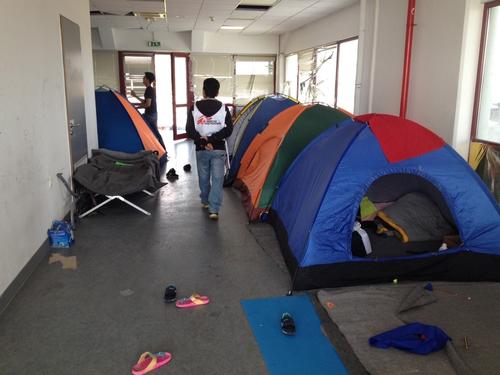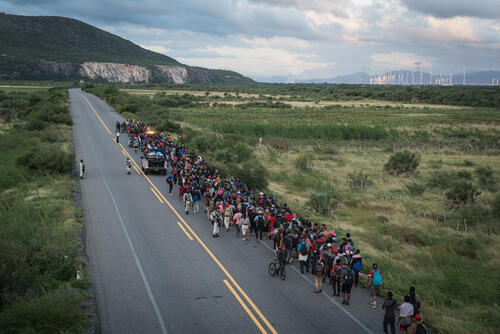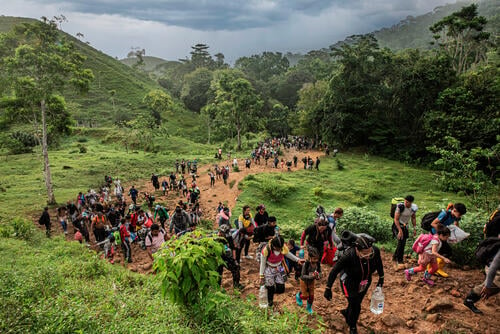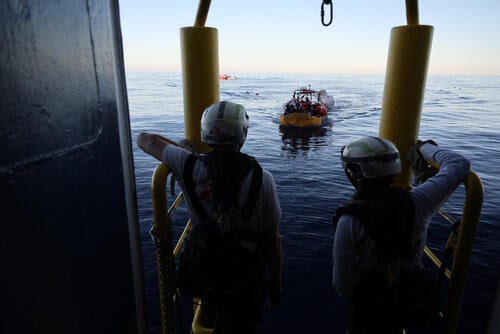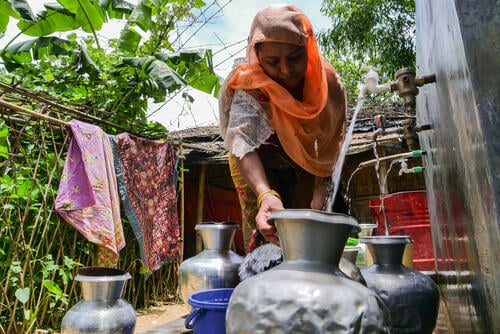The number of people who have been forcibly displaced is now more than double the number 10 years ago, and the most since World War II. There are many reasons for flight, including war, persecution, conflict, natural disaster, destitution and repression.
With health and well-being jeopardized, the lives of the most vulnerable can be at risk. The majority are internally displaced people (IDPs), meaning they haven't crossed a border and have stayed within their country.
MSF teams work alongside people on the move at their points of arrival or during the treacherous journeys they undertake, inside and outside their countries.
Featured
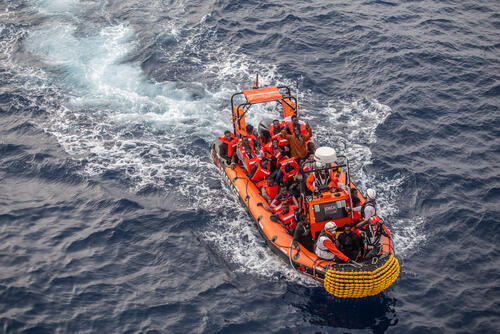
Over 100 deaths at sea in one week as European States look away
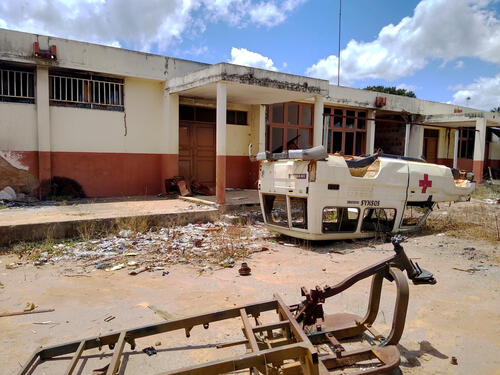
"It's extremely volatile" – people in Cabo Delgado continue to flee violence
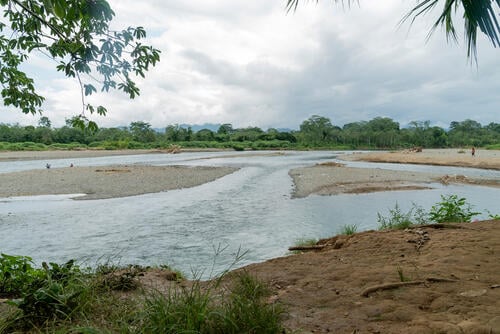
Violence and danger for people crossing Panama’s Darien jungle
Reports & Analysis
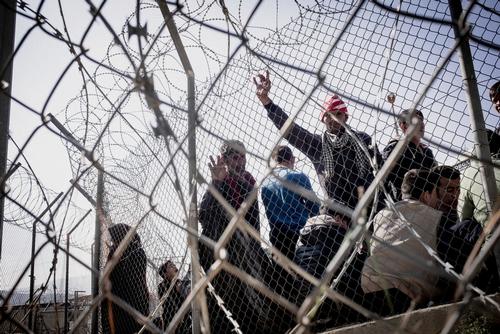
Constructing Crisis at Europe’s Border
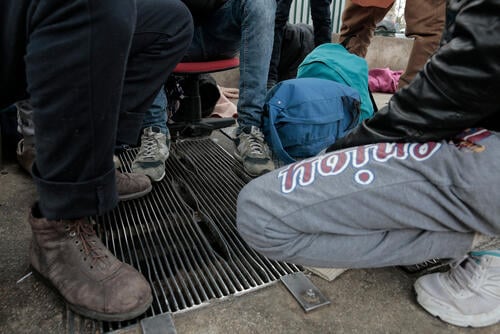
Unaccompanied minors, symbols of a policy of mistreatment
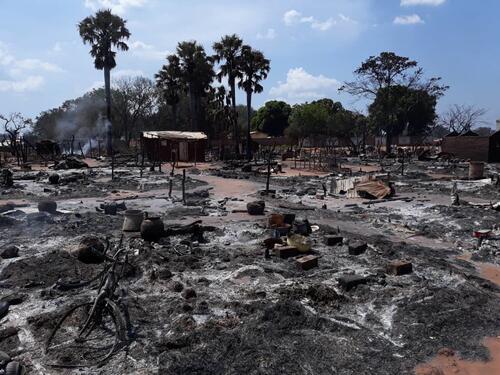
Unprotected: Report on violence and lack of protection for civilians in CAR
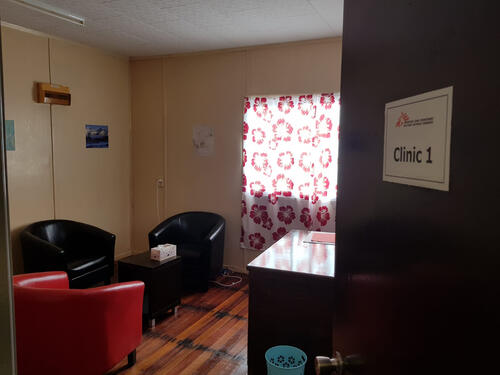
Report: Indefinite Despair
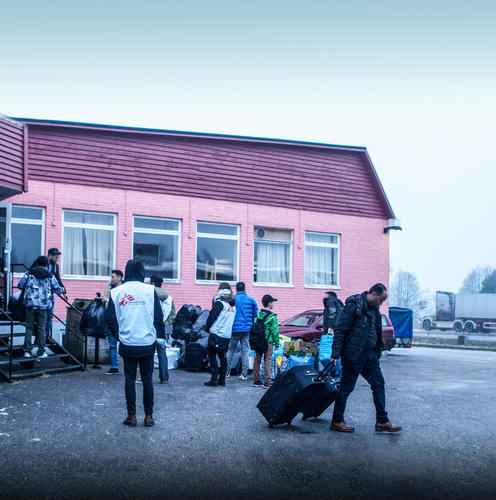
Uncertain life situation leads to mental health distress among asylum seekers
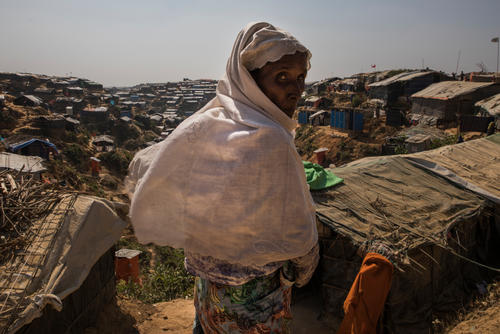
‘No one was left’ - Death and Violence Against the Rohingya
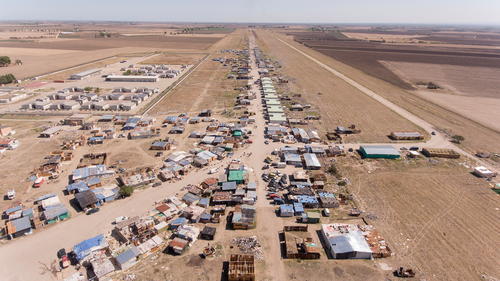
Migrants and refugees on the margins of society

MSF-Analysis articles on Migration & Refugees
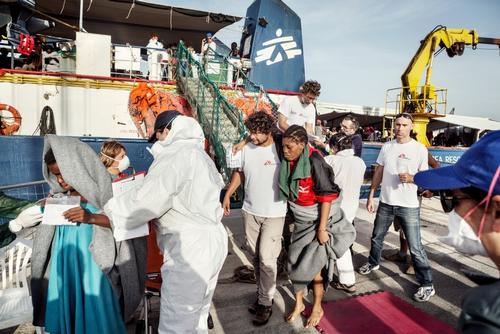
European policies dramatically worsened the so-called 2015 “refugee crisis”

MSF denounces the sexual violence against migrants travelling to Europe

MSF begins working with asylum seekers
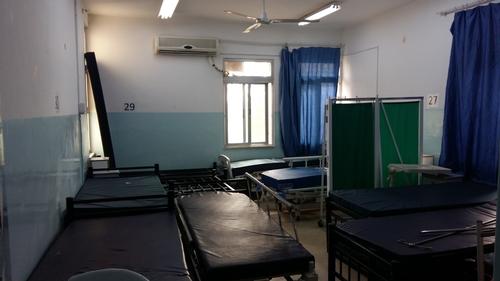
Syrians denied access to lifesaving medical care for third consecutive month
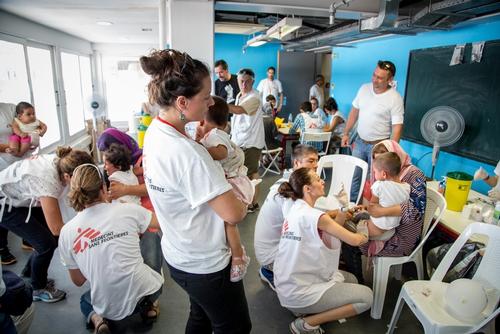
MSF welcomes GSK’s decision to lower the price of the pneumonia vaccine for some of the world’s most vulnerable children
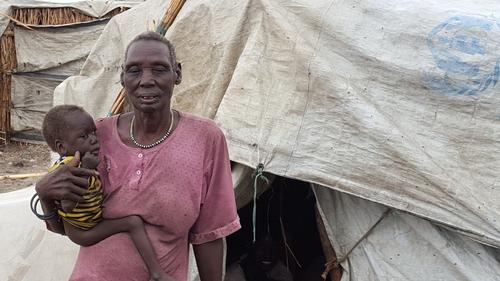
Grandma Nantiek in Bentiu Protection of Civilians camp
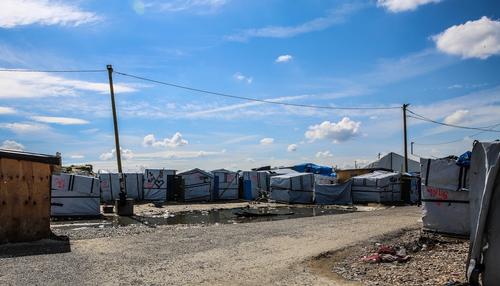
Migrants fears pile up as pressure on Jungle camp builds
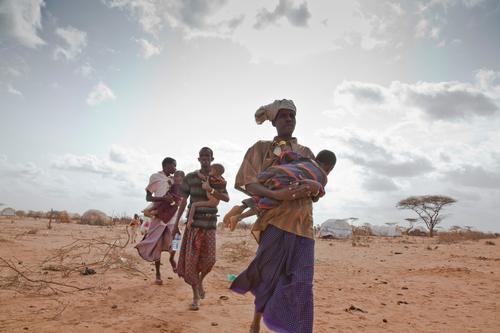
Reality Check: UN High-Level Meeting on Refugees and Migrants
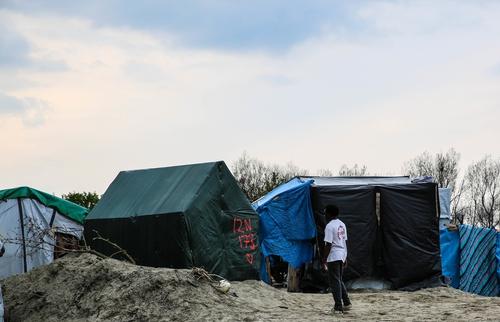
With the Calais ‘Jungle’ about to be dismantled, what will become of unaccompanied minors?
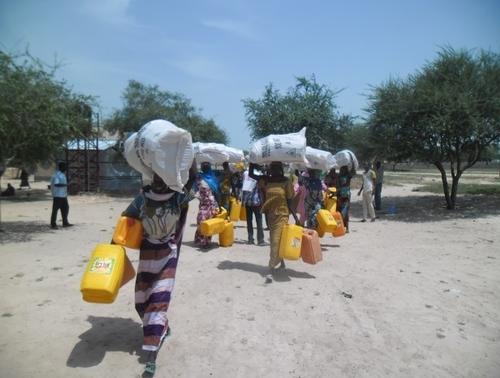
MSF assists hundreds of newly displaced people in eastern Diffa
